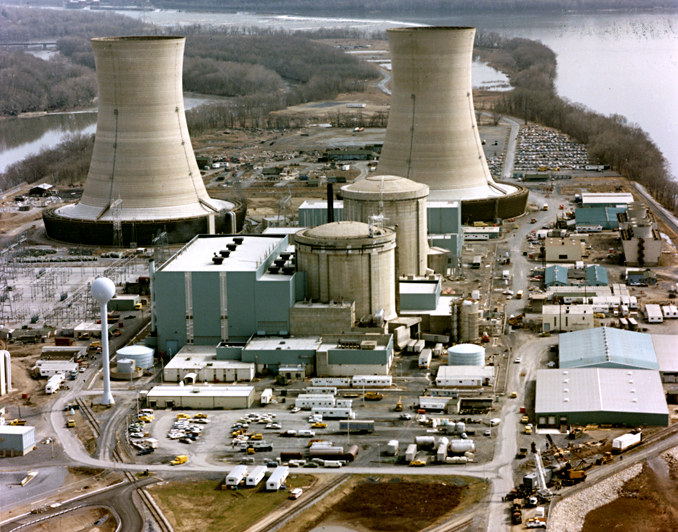The Reactor Factor

The 2011 nuclear power plant disaster at the Fukushima Daiichi power plant in Japan was the most severe nuclear accident since Chernobyl. The large release of radioactive material created a regional public health concern, and fear about the safety of nuclear power has lead Japan to plan to permanently shut down all of its nuclear plants by 2040.
This shift bears resemblance to the effect of the 1979 Three Mile Island accident on the US’ nuclear power policy. Since the leak (which was minor compared to Chernobyl or Fukushima), no new nuclear plants have been constructed in the U.S., despite our ever-growing need for energy - it is time for this to change.
The American public is surely now even more skeptical of nuclear energy, especially as Americans are reminded of the Fukushima accident as debris from the tsunami that killed the reactors washes up on the West Coast. Quite understandably, people are terrified by the idea that such a disaster could occur here, worst of all near one of our largest cities.
However, our national energy policies should not be based on fear. The Democratic incumbent in this presidential election has promised America an “all of the above” energy policy, and his Republican opponent has promised a similarly broad energy platform. Regardless of who wins in November, there will be no excuse for the government to not reboot the discussion on the nuclear energy sector.
Both sides of the energy (and climate change) debate can find things to like in nuclear power. Conservatives are drawn to the economic stimulus, science and engineering developments, and job creation that would come from a domestic nuclear energy boom. Liberals and “green” activists should be positively giddy at the prospect of the large-scale, carbon-free energy that nuclear energy can provide. And both sides should be giving nuclear energy more thought since it puts the country one big step closer towards a goal that transcends political affiliation: American energy independence.
Unfortunately, it is not only the inherent risks of nuclear power that are preventing political discussion on the issue. Despite championing energy progress, there is a significant portion of the conservative base that only supports progress in the fossil fuel industry, whether it be coal, natural gas (i.e., fracking) and of course, oil. This is mostly due to the lobbying efforts by the fossil fuel industry and its support for the Republican Party, which produces a heavy partiality for that energy sector alone.
Liberals face a similar problem with certain members of their base, specifically those in the environmentalist movement. Such individuals oppose nuclear power almost as vehemently as they oppose fossil fuels, citing the environmental hazards of nuclear energy, including nuclear fuel disposal. However, some of this opposition is due to a simple bias among the movement that only favors the development of three sources of energy: solar, wind, and hydroelectric. They see nuclear power as just another way for Big Business to sell the country more “dirty energy”.
If this country is going to have a substantive debate over the future of nuclear power, then both sides of the aisle must first realize that vocal segments of their bases are holding back the discussion through disingenuous biases. Naturally, the risks of nuclear power are a concern that unites all parties, but they are risks that can be dealt with.
When undertaking an issue as massive and critical as our nation’s energy supply, it is obvious that the utmost caution should be taken, and this is even truer of nuclear power. It has been over 33 years since Three Mile Island – it is time for the country to look at our nuclear energy program and understand that we can do better. With both the knowledge of over three decades of scientific and engineering innovation and an understanding of the failures of Chernobyl and Fukushima in hand, we can develop more nuclear power in a manner that ensures both safety and productivity... but only if we first reject fear and political doublespeak.
